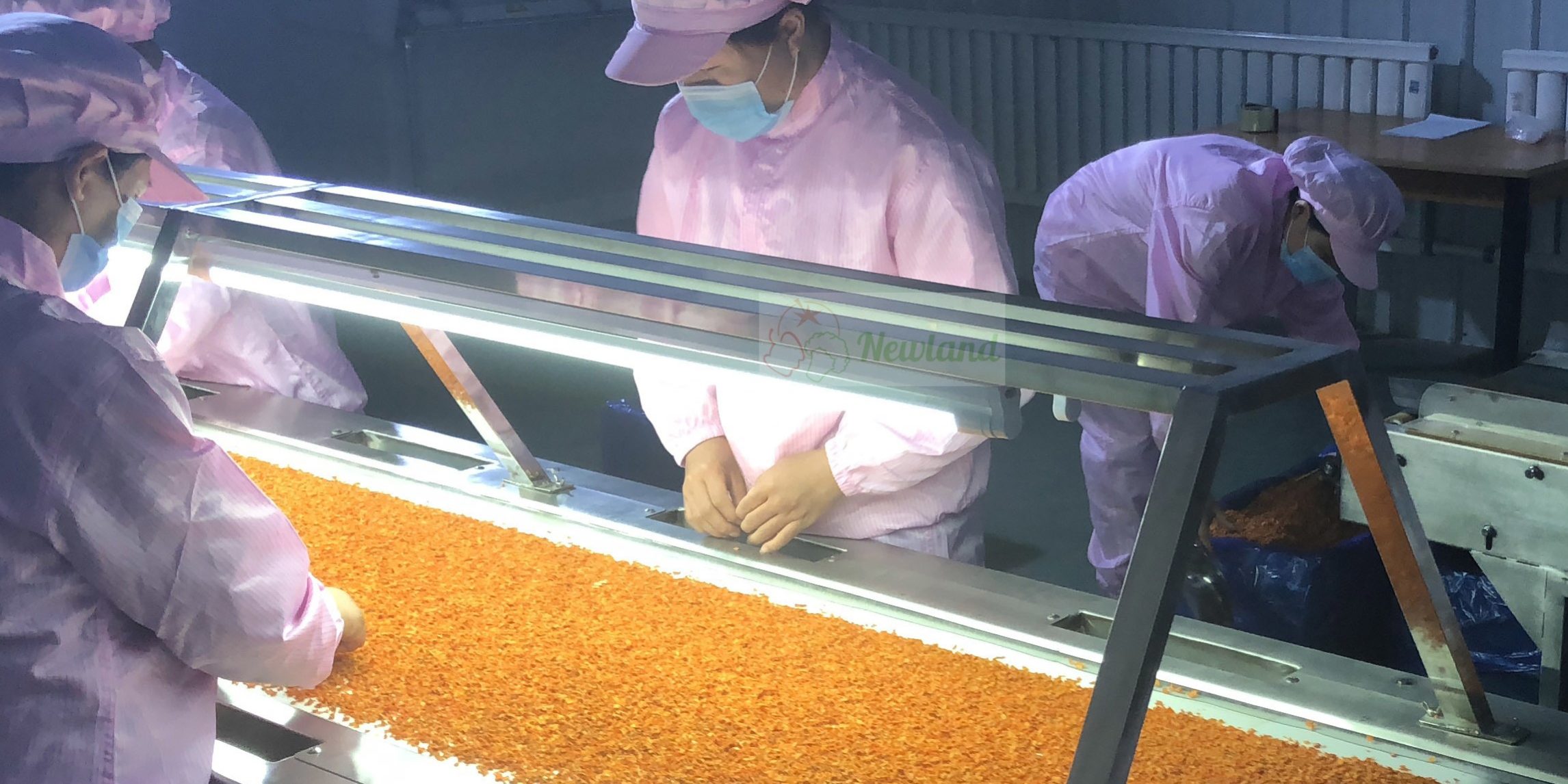As the new crown pneumonia epidemic spreads and spreads around the world, it has become a common challenge for all mankind.
As of March 19, 2020, more than 140,000 cases have been confirmed in approximately 170 countries and regions. Many countries have announced that they have entered a state of emergency prevention and control, and have successively introduced restrictions on cross-border travel.
At the same time, the epidemic poses a major risk to the global economy, and in particular has caused great impact and damage to the global supply chain. On the supply side, the manufacturing industry is shut down, and importing countries cannot obtain raw materials in time, which in turn affects the production of goods in other countries. On the demand side, as the epidemic spreads around the world, people are worried, isolated at home, and spending on going out has decreased; companies have drastically reduced their employees; overall world demand has begun to decline. Insufficient supply and demand at the same time will accelerate the rate of inflation, and inflation will cause interest rates to rise. This kind of simultaneous damage to both ends of supply and demand is complex and rare, and undoubtedly brings greater challenges to the formulation of monetary and fiscal policies.
According to the latest study released by the UN Department of Economic and Social Affairs today, due to the impact of the novel coronavirus pneumonia (COVID-19) epidemic, the global economic contraction this year may be close to 1% (ie 0.9%). The study also pointed out that if global restrictions on economic activities continue into the third quarter of this year, and fiscal response measures fail to support residents’ income and consumer spending, global economic output may shrink further.
The impact on Newland’s production and employees and the response:
From February to March 2020, the whole city and even the whole country will be blocked in China. Enterprises cannot go abroad to participate in commercial activities, nor can they travel across provinces.
Due to strict measures such as the closure of the city and other epidemic restrictions, the form of resumption of work is severe, and the domestic economic situation has been severely affected.
The State Council has issued policies to control the epidemic on the one hand and resume work on the other. However, the resumption of work has triggered a large number of personnel exchanges, which brings huge potential risks to the infection of employees of the company.
Therefore, we paid humane attention and greetings to every employee, arranged a unified nucleic acid test and supply of masks for resumption of work, and carried out temperature checks and confirmed wearing masks every time they entered and left the factory.
We have conducted targeted training to ensure that everyone and their families are aware of epidemic prevention.
The impact and response of Newland’s supply chain:
The interruption of transportation did hinder our supply of goods, but we prepared countermeasures in advance, actively coordinated, completed emergency shipments, and reduced the risk of loss. Some orders for delivery in the first half of the year were successfully completed before February. The expedited arrangement after the resumption of work in March, coupled with the multi-channel delivery of air and sea transportation, has allowed us to keep the delayed delivery affected by the epidemic closure to a minimum.
Plan for the second half of 2020:
The global epidemic is still going on and it may last for a long time. Because of the inconvenience of travel and exhibitions, we will provide customers with better supplies and services to reduce unnecessary worries.








